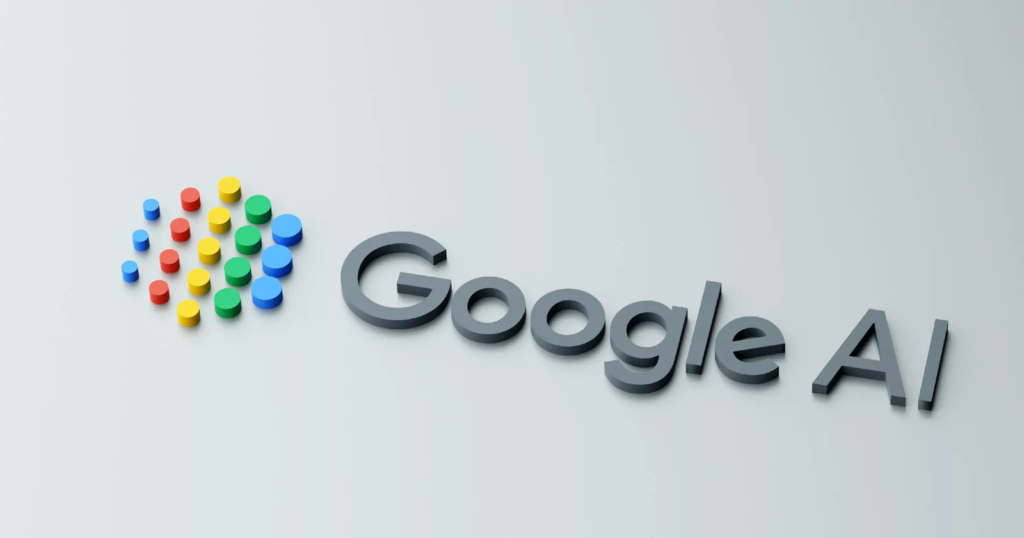This week, three Nobel Prize winners in chemistry and physics were announced, all affiliated with the tech giant.

This week, Google feels a bit like someone at a party trying to appear cheerful while worrying they left their dog outside. Three researchers connected to Google won the Nobel Prize for their contributions to AI, solidifying the company’s position as a leader in the field, even as it faces antitrust scrutiny from the DOJ.
Reasons to Celebrate: Two of the chemistry laureates—Demis Hassabis and John Jumper—are from Google’s AI lab, DeepMind. Geoffrey Hinton, who shared the Nobel Prize in physics, was a Google VP until last year.
Hassabis and Jumper were recognized for their groundbreaking work using AI to decode proteins, which accelerates the development of medicines and vaccines. Hinton was honored for his foundational work on neural networks—the backbone of AI systems like ChatGPT.
However, these significant achievements also raise critical questions about Big Tech’s expanding and potentially unsustainable influence in scientific advancement.
AI Research Meets Big Tech.

The awarding of prestigious scientific honors to private sector researchers signals a significant shift—both in the Nobel Prize committee’s focus on AI and in the future landscape of scientific research.
The breakthroughs achieved at DeepMind necessitated vast amounts of computational power and data, resources that only a handful of companies, like Google, can provide while funding such ambitious projects. In his acceptance speech, Demis Hassabis acknowledged that he wouldn’t have reached these milestones without the “patience and a lot of support” from Google.
But how long can this last? Google’s size and influence are tied to its core businesses, and this week, the DOJ indicated it may seek a judicial ruling (from a judge who has already recognized Google as a monopoly in search) to break up the company. The Justice Department also noted it would factor in Google’s “leverage of its monopoly power to support AI” when deciding its course of action.

No responses yet